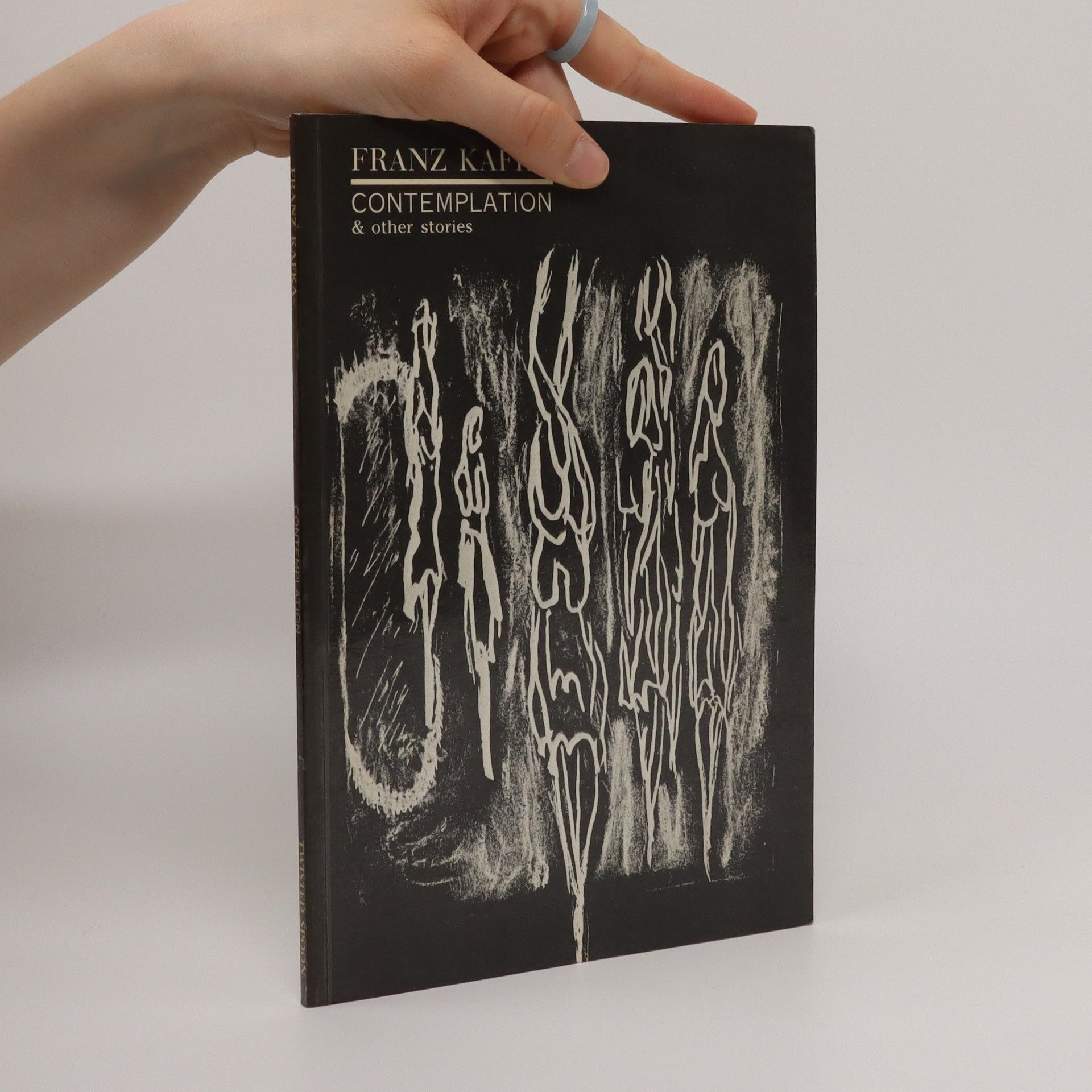Největší devízou této knihy je fakt, že z notoricky známých Kafkových děl se v tomto netradičním souboru objevuje pouze Proměna. Jinak se čtenáři konečně seznámí i s méně známou, ale umělecky velmi hodnotnou Kafkovou tvorbou.
Více o knize
Tato kniha byla vydána českým nakladatelstvím Twisted Spoon Press, které sídlí v Praze a vydává díla českých a slovanských autorů v anglickém jazyce. Oficiální anotace nakladatele: The last book published during Kafka's lifetime, A Hunger Artist (1924) explores many of the themes that were close to him: spiritual poverty, asceticism, futility, and the alienation of the modern artist. He edited the manuscript just before his death, and these four stories are some of his best known and most powerful work, marking his maturity as a writer. In addition to “First Sorrow,” “A Little Woman,” and “Josephine the Singer, or the Mouse People” is the title story, “A Hunger Artist,” which has been called by the critic Heinz Politzer “a perfection, a fatal fulfillment that expresses Kafka's desire for permanence.”
Nákup knihy
Contemplation & other stories, Franz Kafka
- Jazyk
- Rok vydání
- 1996
- product-detail.submit-box.info.binding
- (pevná)






